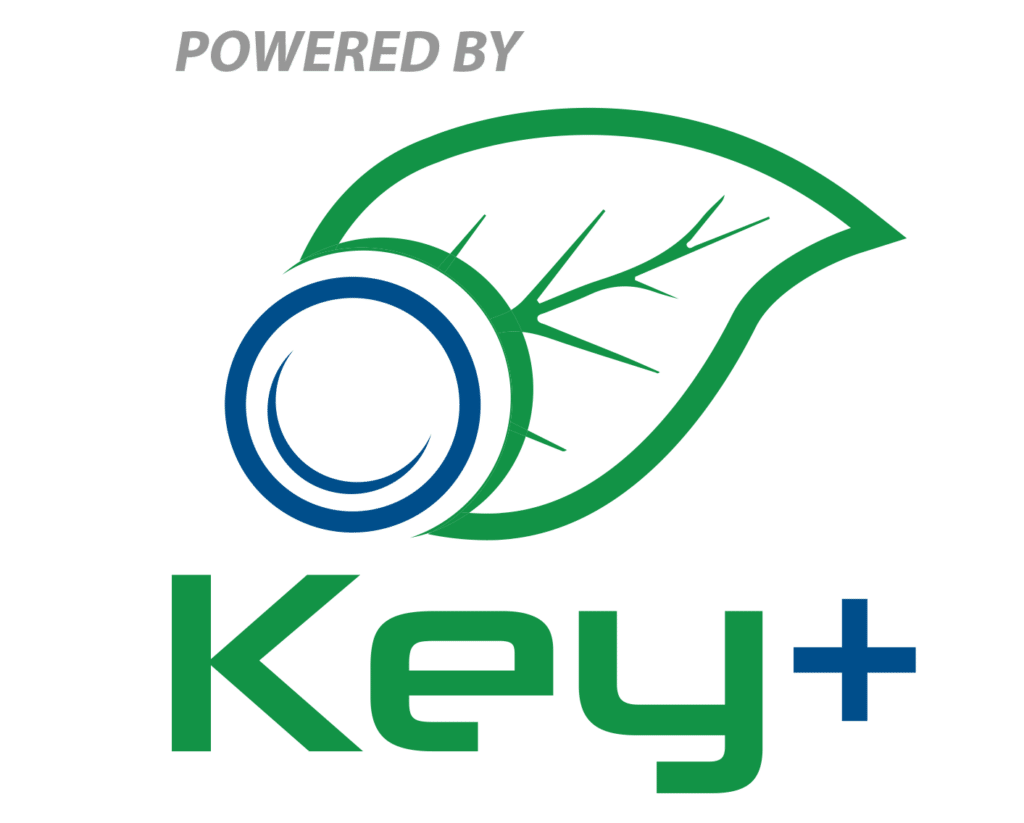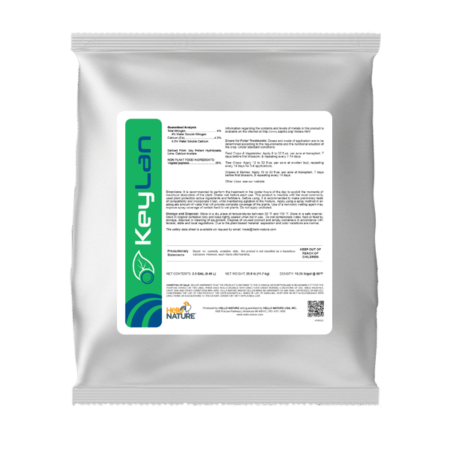-
apple
KeyLan Zn
Keylan Zn es una solución innovadora para la nutrición vegetal que, al mismo tiempo, también tiene una acción bioestimulante. Aporta hierro en forma exclusiva bioquelada que está fácilmente disponible para la absorción de la planta y no deja residuos en el medio ambiente ni en los cultivos. Keylan Zn es un producto natural y es la solución ideal tanto para la agricultura convencional como para la ecológica, cuando el objetivo es optimizar la absorción de hierro a la vez que estimula el metabolismo de las plantas gracias a la presencia de péptidos vegetales. -
apple
KeyLan Fe
Keylan Fe es una solución innovadora para la nutrición vegetal que, al mismo tiempo, tiene una acción bioestimulante. Aporta hierro en forma exclusiva bioquelada que está fácilmente disponible para la absorción de la planta y no deja residuos en el medio ambiente ni en los cultivos. Keylan Fe es un producto natural y es la solución ideal tanto para la agricultura convencional como para la ecológica, cuando el objetivo es optimizar la absorción de hierro a la vez que estimula el metabolismo de las plantas gracias a la presencia de péptidos vegetales.










